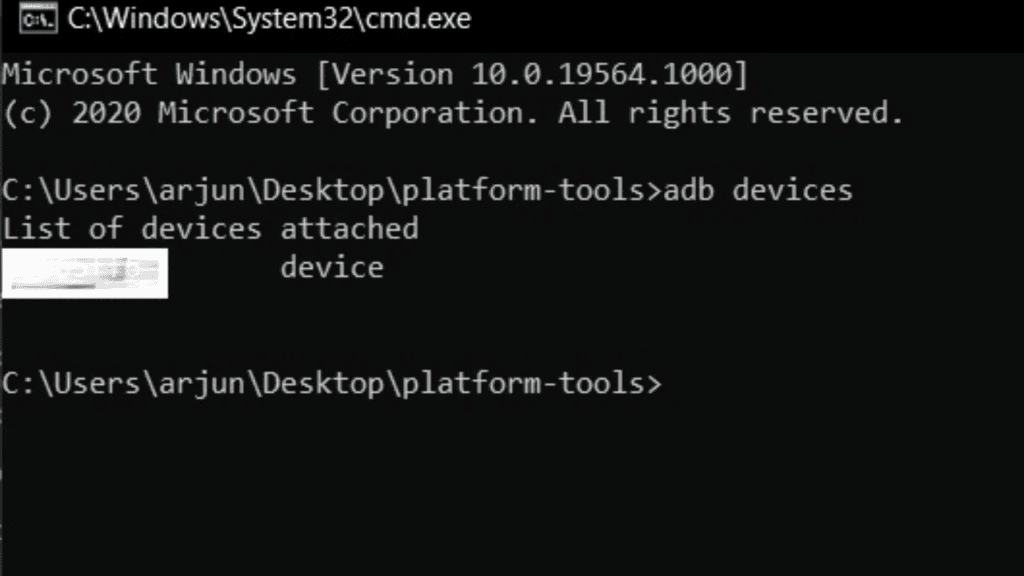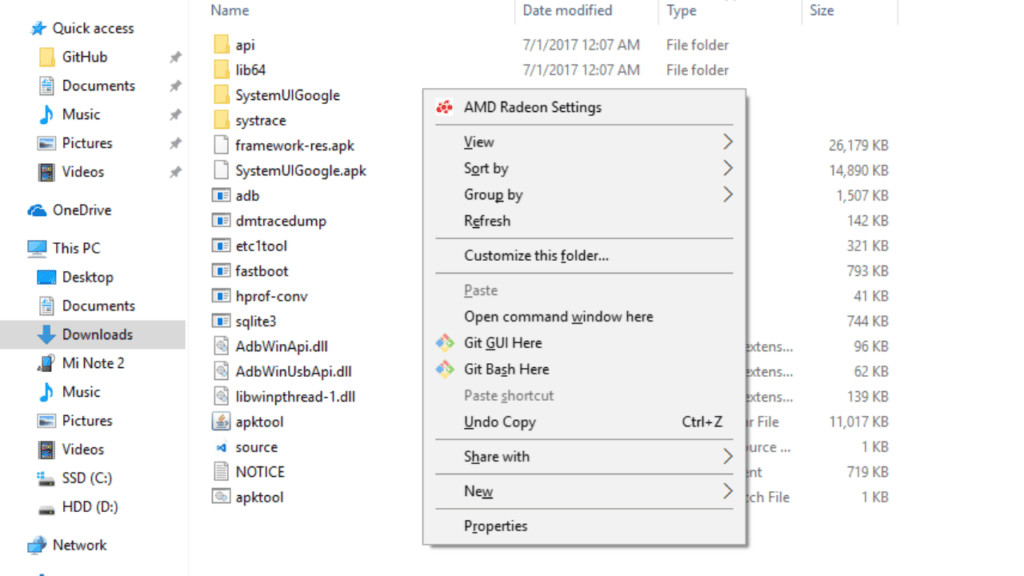How to install ADB on Windows, macOS, and Linux
Note that installing ADB on the computer is only half the battle; your mobile device must also be prepared to receive ADB commands.
Phone setup
How to set up ADB on Microsoft Windows
How to set up ADB on macOS
How to set up ADB on Linux
Also Read: How to run Android apps on any Windows 11 How to preload Overwatch 2 PC without buying Overwatch Using Online Platforms to Better Manage Your Time How to Activate Night Mode in Apple Watch Congrats! Your device is now ready to receive any ADB command. Use our comprehensive list of guides to begin modifying your phone immediately. It’s worth noting that for some Linux users, ADB installation may be far simpler than usual. If you’re using a Debian-, Ubuntu-, or Fedora-based Linux distribution, you can skip the first two steps of the above guide and instead run one of the following commands. Debian/Ubuntu-based The following command will install ADB for Linux users:
Inserting android-tools with sudo apt-get -adb Fedora/SUSE-based Those using Linux can simply enter the following command to set up ADB: Using the command: sudo yum install android-tools
In contrast, the latest binary from the Android SDK Platform Tools release is always the best bet, as the distro-specific packages frequently ship out-of-date binaries. To be on the safe side, we should mention that when utilising the extracted binaries from the Platform Tools ZIP, users may need to prefix the ADB commands we offer in future lessons with a./. The average *nix person (or Windows user with PowerShell) probably already knows how to accomplish this, but we’d still like as many people as possible to be able to learn how to make these adjustments to their Android devices.



